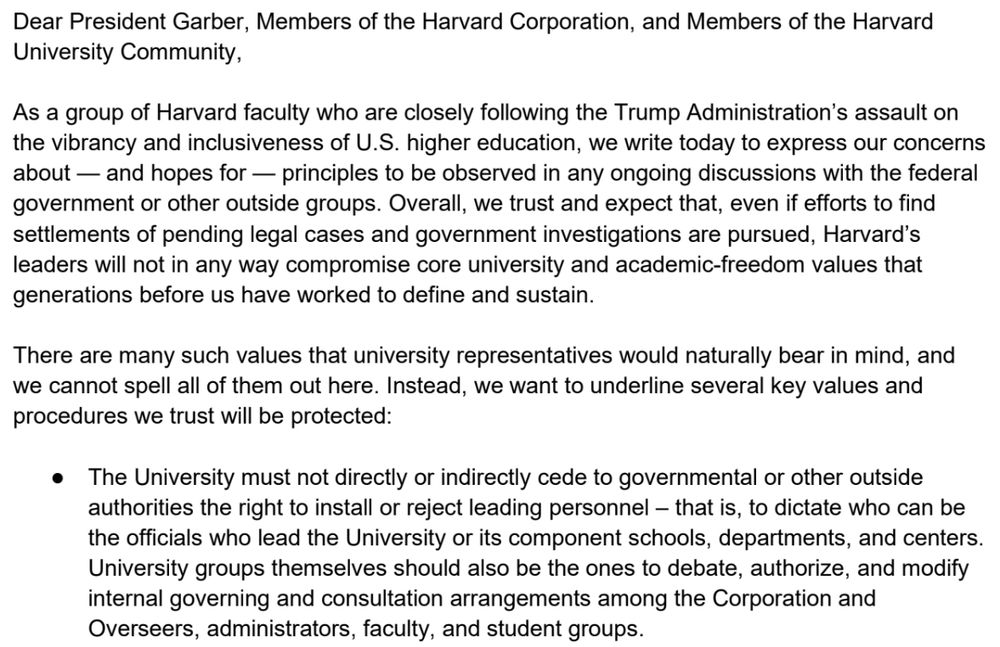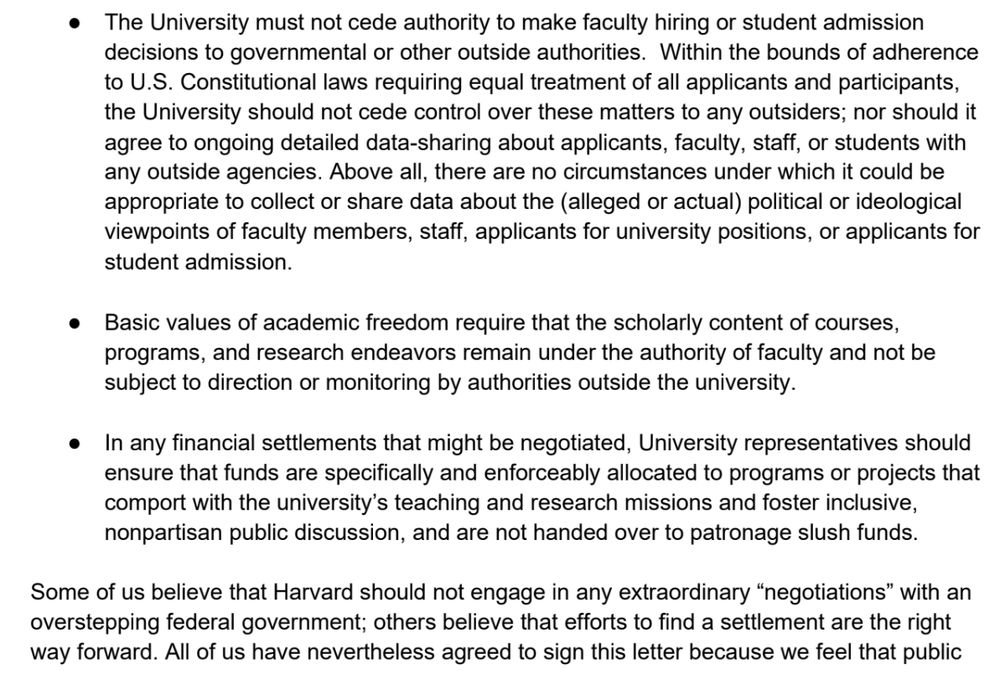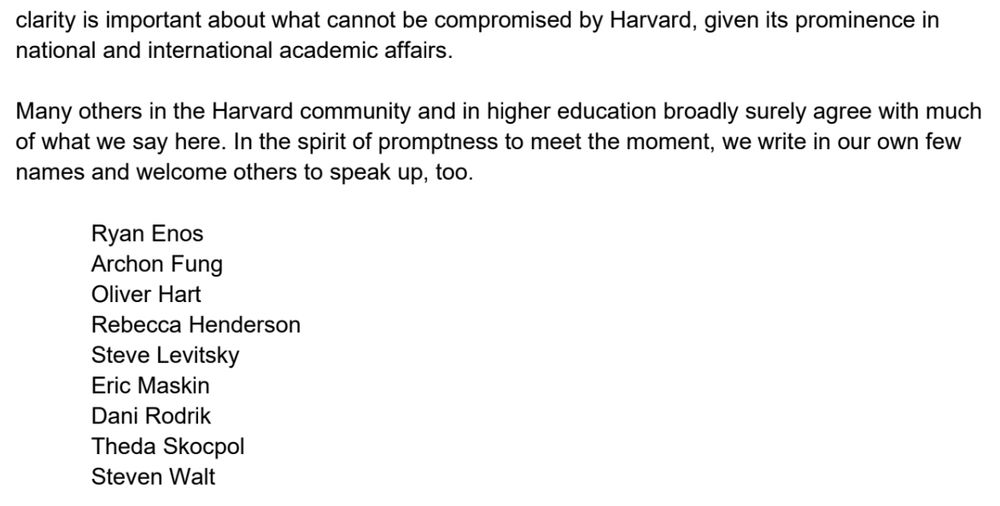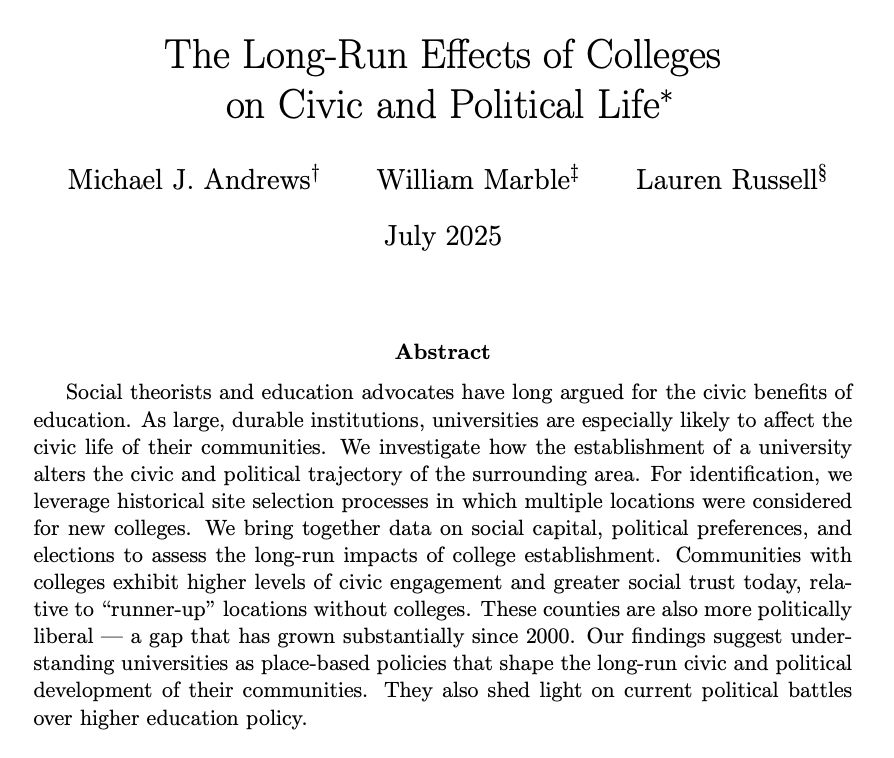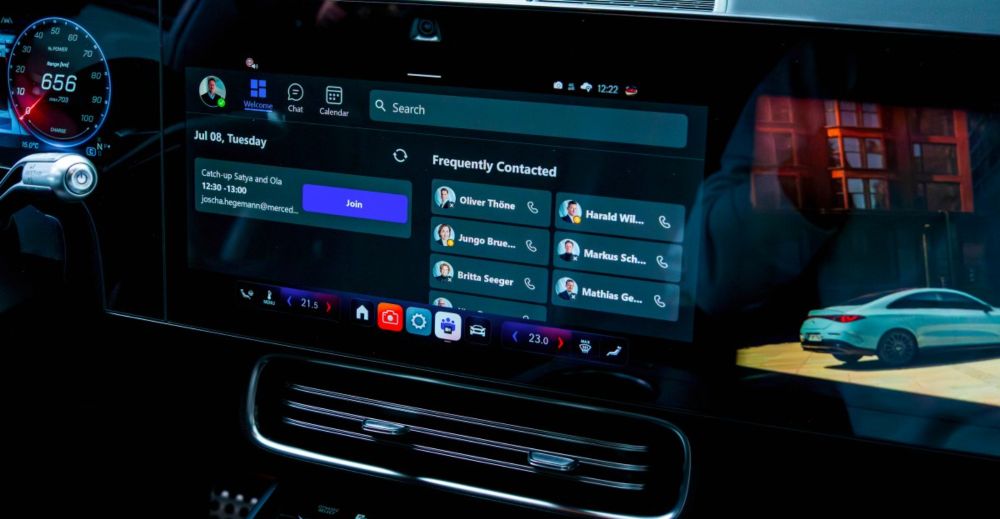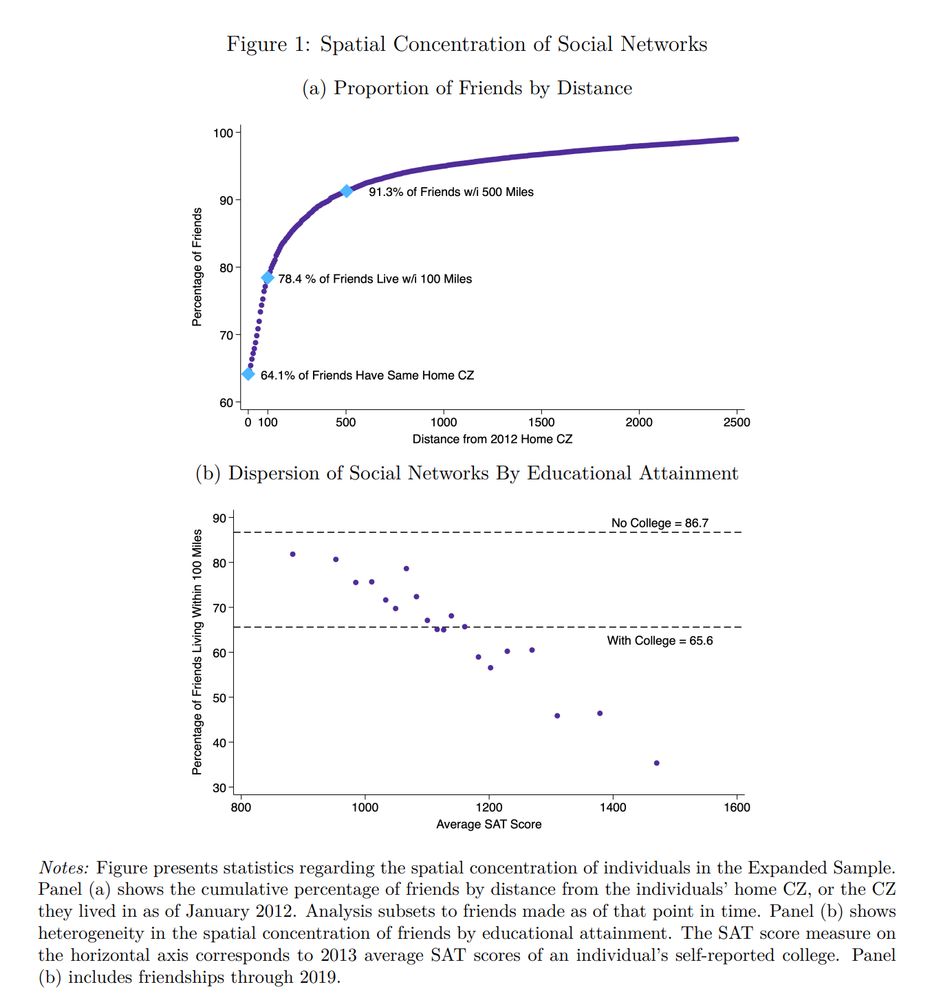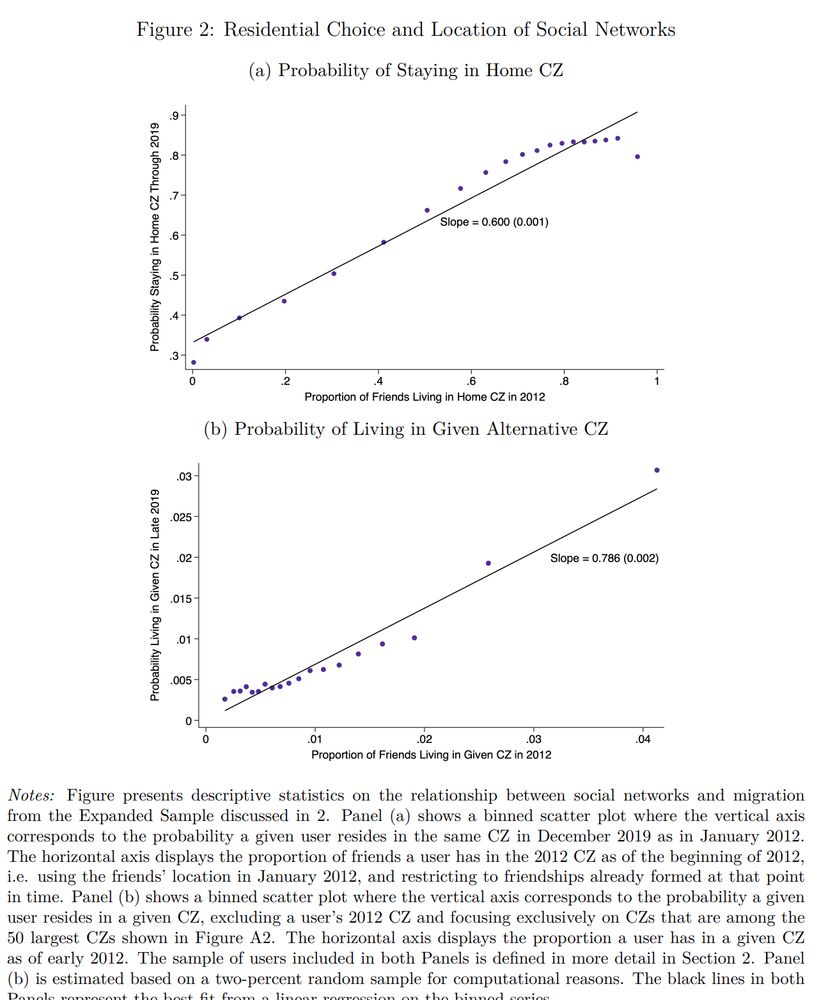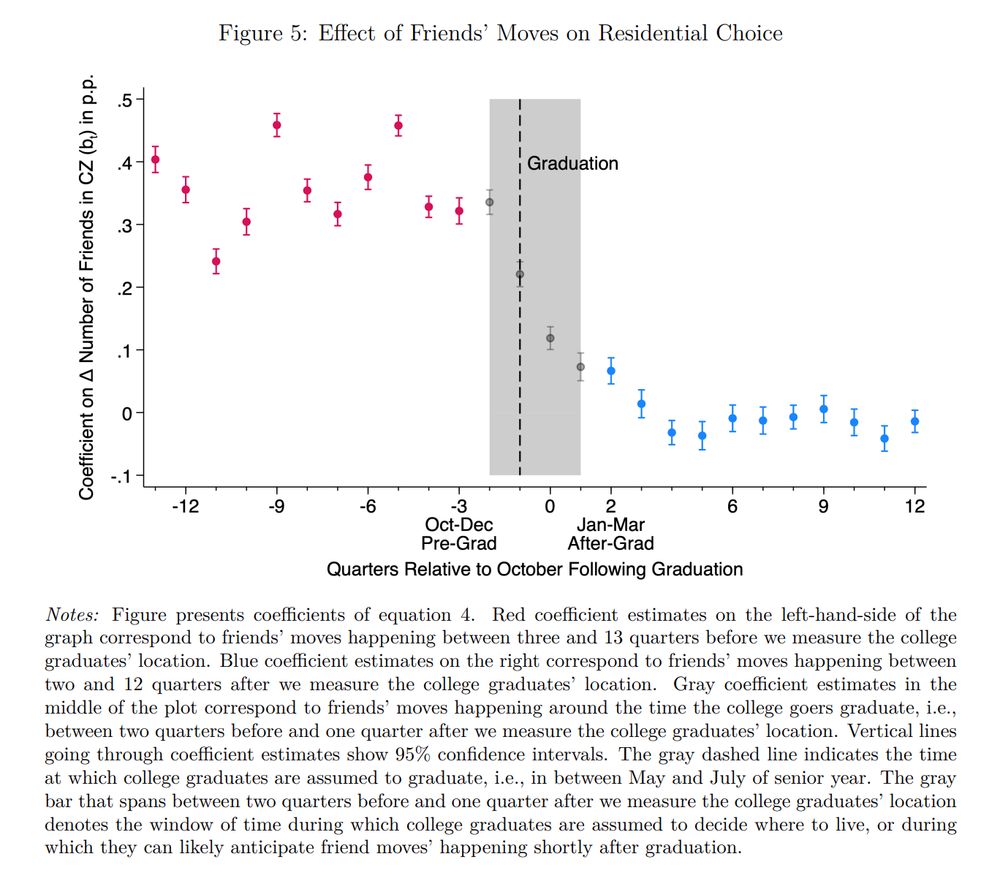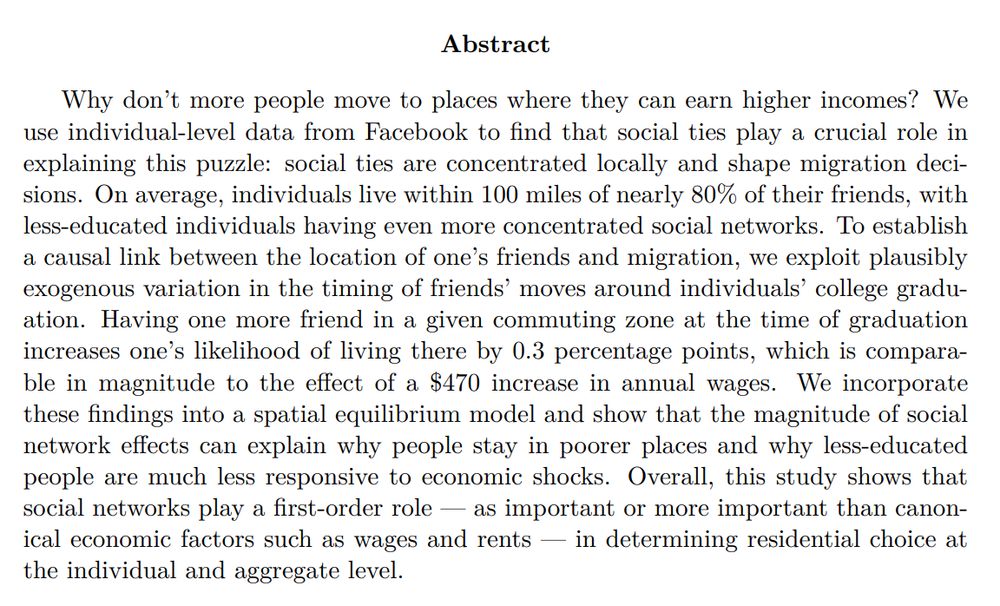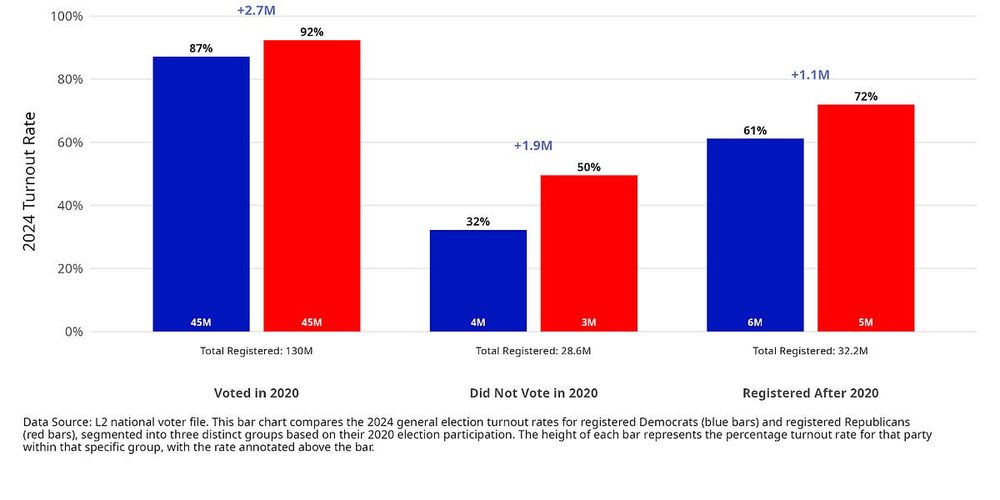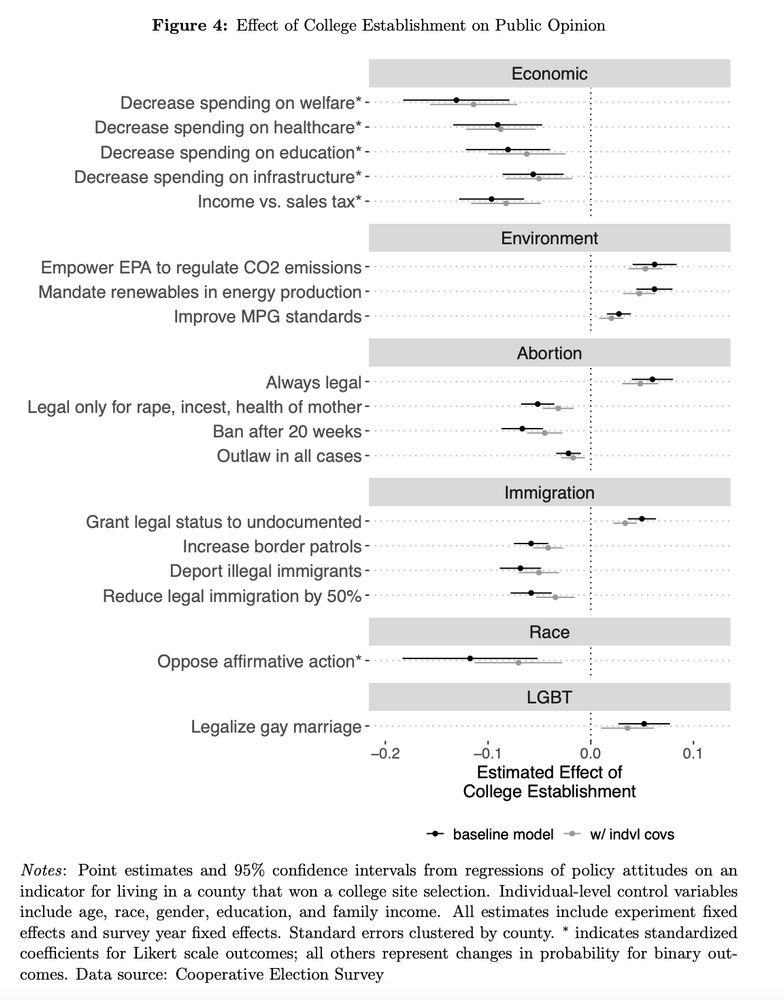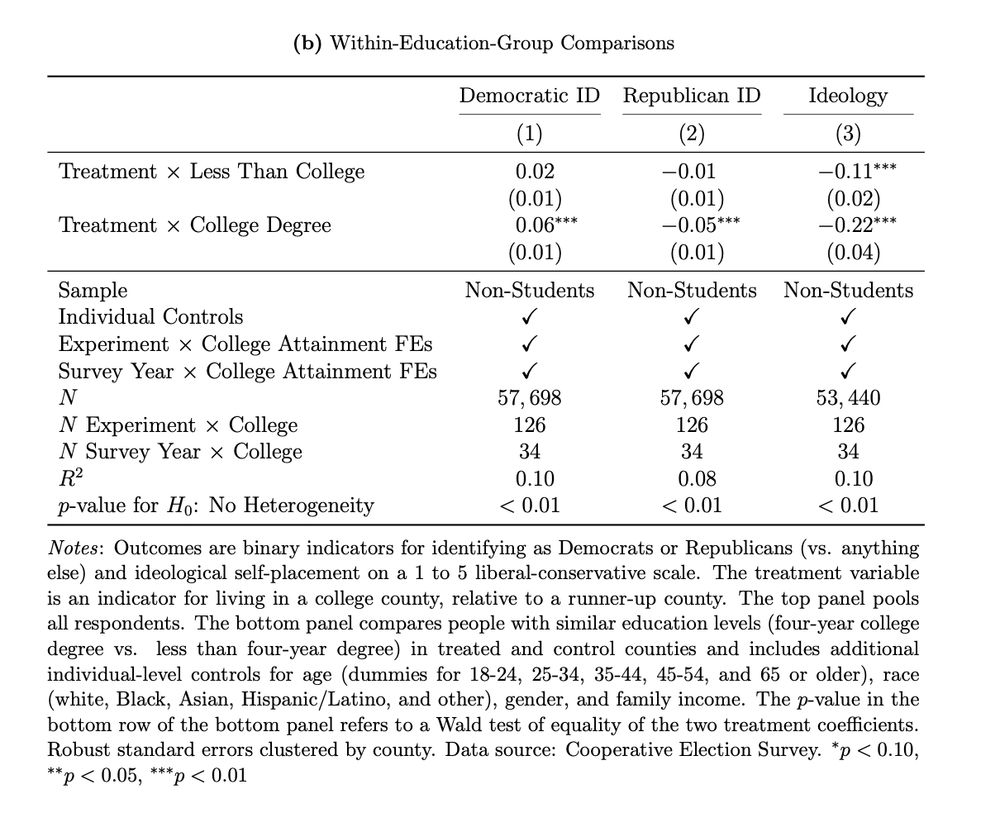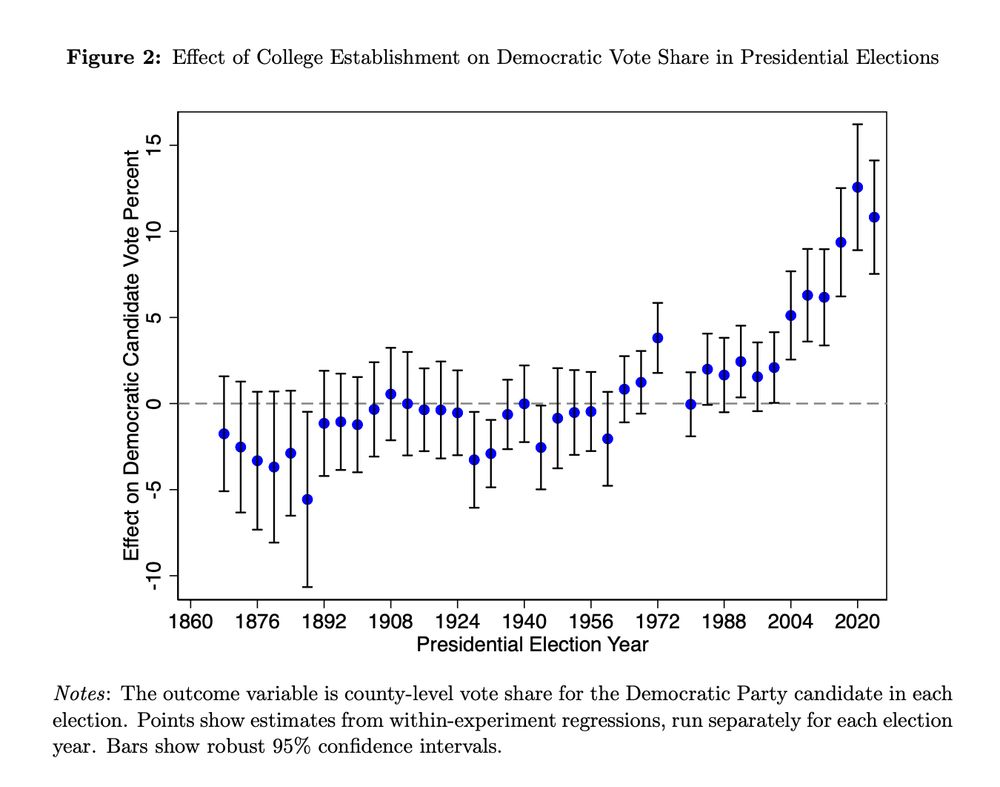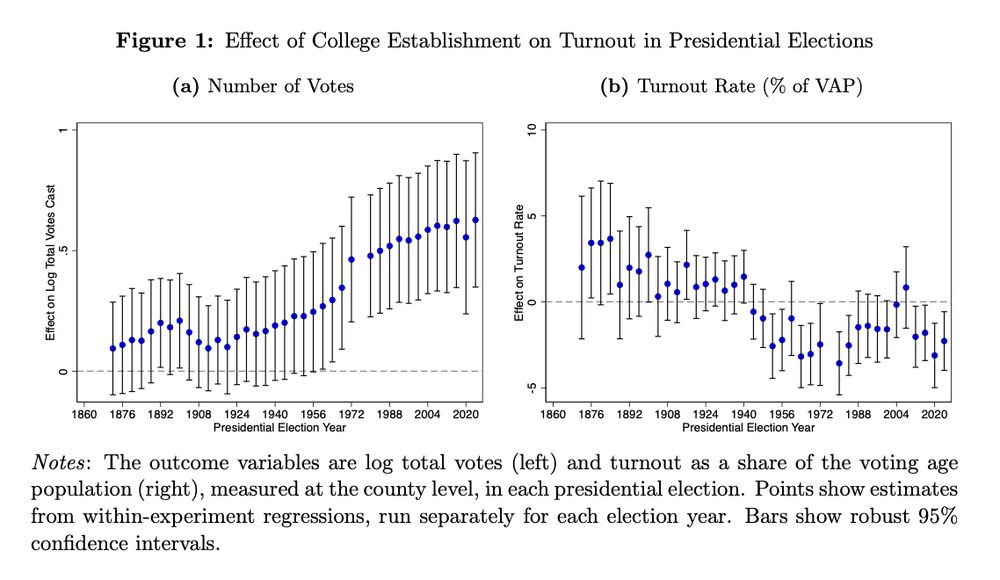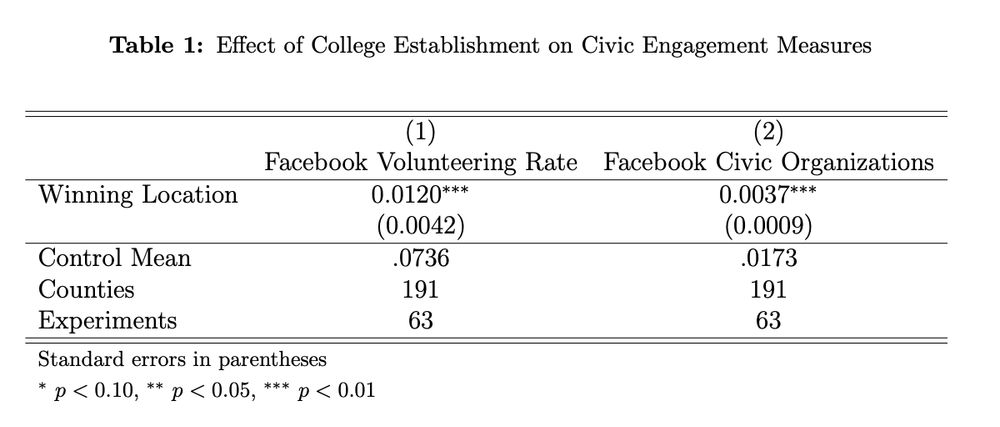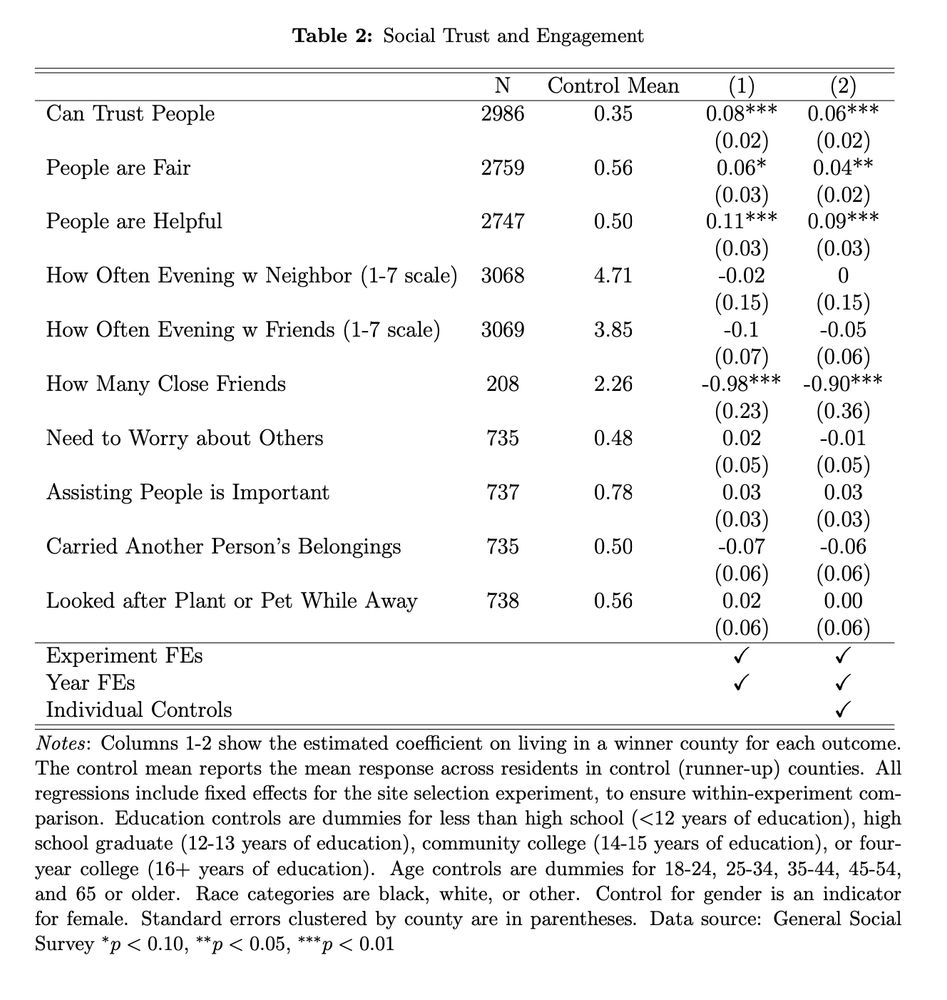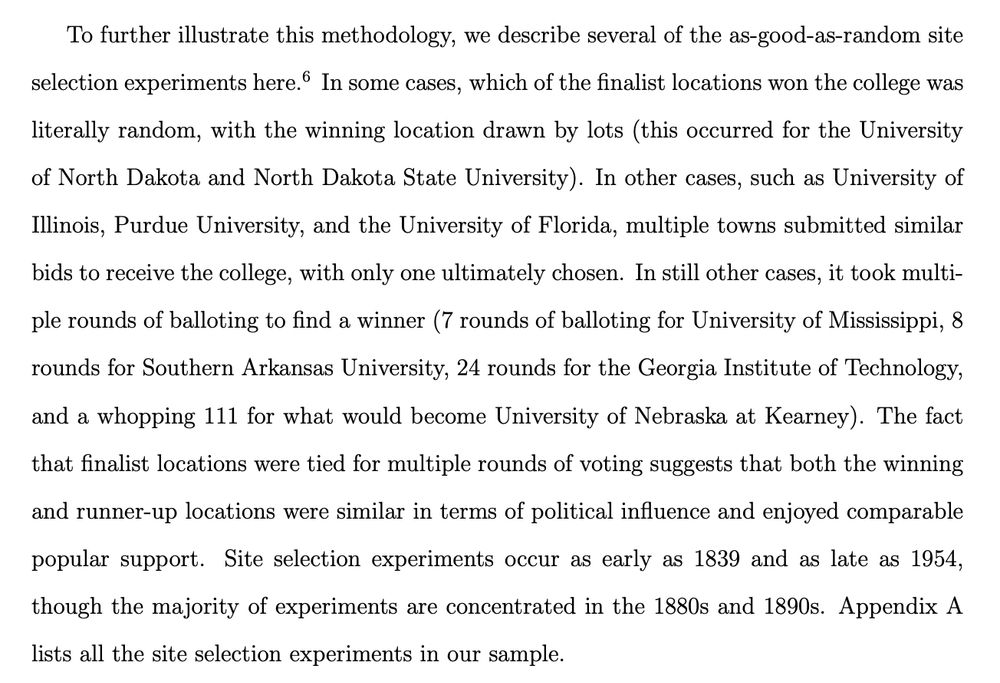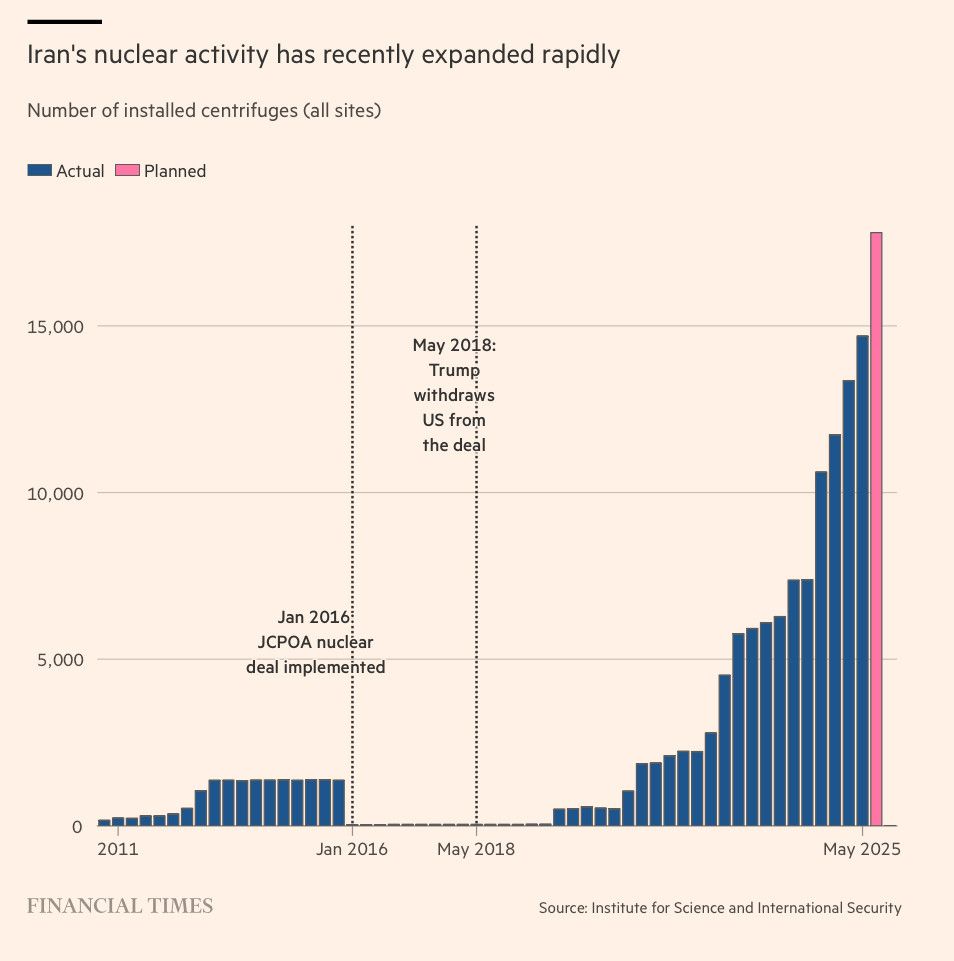Will Marble
@wpmarble.bsky.social
880 followers
270 following
45 posts
Political scientist at the Hoover Institution at Stanford || williammarble.co
Posts
Media
Videos
Starter Packs
Reposted by Will Marble
Reposted by Will Marble
Will Marble
@wpmarble.bsky.social
· Aug 1
Reposted by Will Marble
Jennifer N. Victor
@jenvictor.bsky.social
· Jul 31
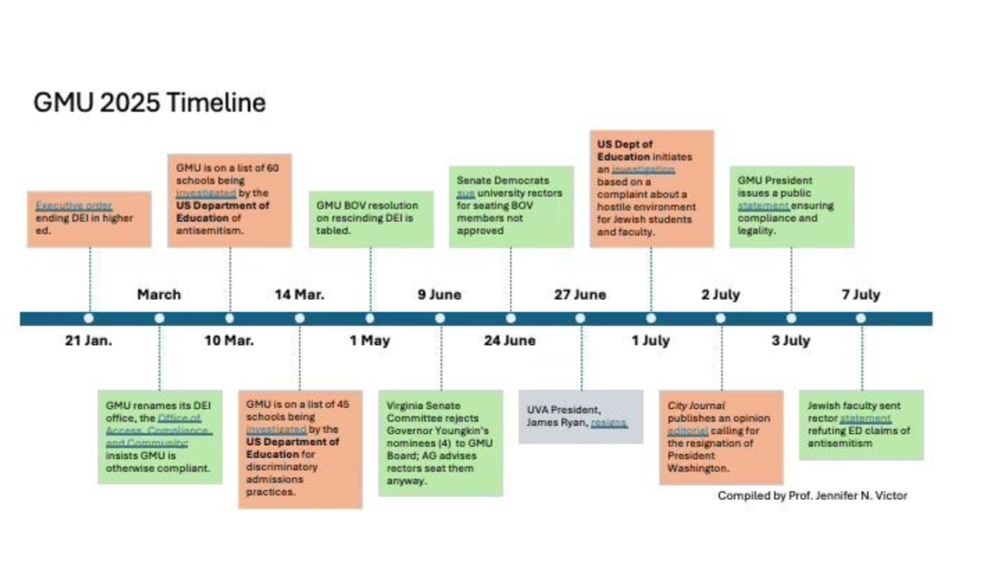
Authoritarians are attacking universities. Here's how it's going at one public school.
I'm publicly documenting an event timeline to help bring order to the chaotic nature of events and help other schools plan the responses they are likely going to need.
open.substack.com
Reposted by Will Marble
Reposted by Will Marble
Reposted by Will Marble
Will Marble
@wpmarble.bsky.social
· Jul 17
Will Marble
@wpmarble.bsky.social
· Jul 17
Will Marble
@wpmarble.bsky.social
· Jul 17
Will Marble
@wpmarble.bsky.social
· Jul 17
Reposted by Will Marble
Reposted by Will Marble
Don Moynihan
@donmoyn.bsky.social
· Jun 24
Reposted by Will Marble
Dan Garisto
@dangaristo.bsky.social
· Jun 24
Reposted by Will Marble



